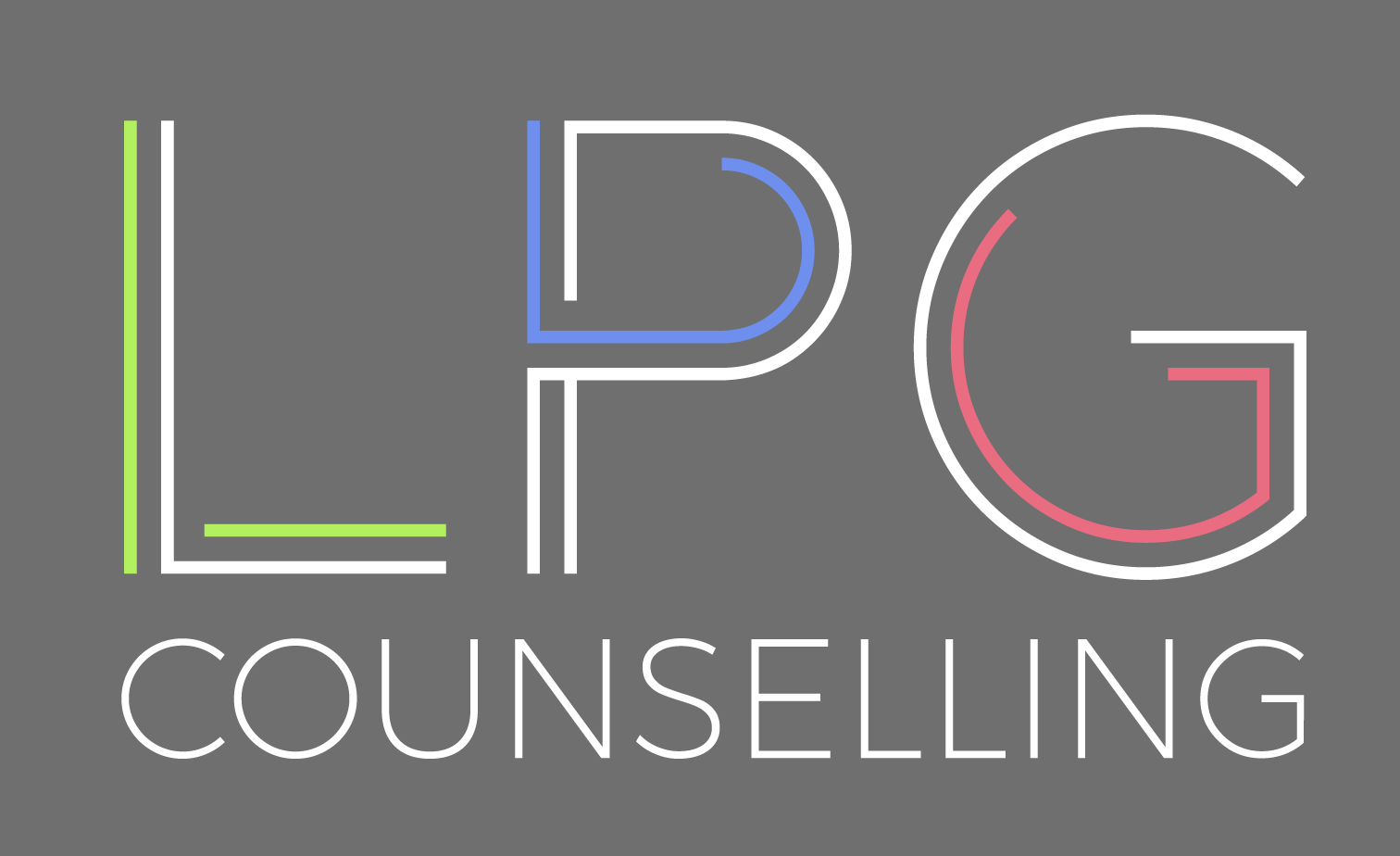ReFramed: Long Term Counselling
Never before have we been more aware of mental health distress and although progress seems slow in the provision of mental health services, there is change: you can access counselling via the NHS; many employers are increasingly offering mental health support services via EAP programmes; and there are a range of charities offering counselling services.
Something that doesn’t seem to be openly addressed is the duration the counselling being offered. The majority of services only provide short term counselling which can range from anywhere from 3 to 12 sessions. It’s important to acknowledge that you will get the most out of short term counselling if you are clear about your intentions; have an achievable goal; or a problem to solve. Each organisation will have their own way of assessing if you would be suitable for short term counselling and for how many sessions it would take you to achieve your goal or solve your problem.
But what if your emotional needs can’t be condensed into an “achievable goal” or a “problem to be solved”; or you know that your emotional distress is linked to historical events; or you don’t want to do short term counselling; or it has been advised that long term counselling is more appropriate for your needs?
Due to a lack of mental health infrastructure, and cuts to funding for 3rd sector organisations, means more demand is being put on existing charities and a lot of them are changing to offering only short term counselling which means you will have to look to the private sector for long term counselling. And when long term counselling refers to any duration between 6 months to your whole life your blood main run cold as you start to calculate the potential cost of long term counselling!
This lack of clear definition as to the duration of long term counselling is problematic especially since very few of us have unlimited resources. With this in mind, I propose re-framing long term counselling to refer to any counselling that lasts a minimum duration of 1 year. Why only 1 year? Well, in my experience as a counsellor, I have noticed that a lot can change can happen in a year and this is still a long time to dedicate to cultivating your mental health.
Now, to clarify, I am not suggesting that you can solve all your problems and reach a stage of mental and emotional enlightenment in only a year. What I am suggesting is that if you committed to a year of counselling you will be more aware of your emotional processing and strengthen your resiliency preparing you for any future adversaries life throws at you.
It is highly likely that a year might not be enough to fully process some of the more traumatic experiences that you may have experienced, particularly if those traumas were historical, prolonged or compounded, and that is ok: there is nothing wrong with you. When working with these types of traumas you need to have a strong a relationship you’re your counsellor so you feel safe enough in order to go to these places and to take time to recover after the more difficult sessions: this takes time. In these scenarios, look at a year of counselling in terms of building and testing that relationship. It is always, advised to discuss these matters with your counsellor. Any competent counsellor will not make you tell them more than you are comfortable and will be able to advise on how long you should consider committing timewise to your counselling.
Now, a year is still a long commitment and anyone considering long term counselling should give careful thought to the following:
· How long do you feel it might take you to address and process your problem or distress(es)?
· Is you counsellor able to accommodate long term work?
· Is your life stable enough to commit to long term counselling? By this I am drawing your attention to your basic needs: food, shelter, safety and financial stability.
· Can you, or how much, can you afford to pay for counselling?
These 4 considerations will significantly influence your decision to commit to long term counselling and will serve as a guide to the frequency of your counselling sessions (i.e., weekly, fortnightly, monthly, spontaneous).
To give you an idea of the cost, at LPG Counselling, If you were to commit to a year’s worth of fortnightly sessions (26 sessions) at £30 then it would cost £780. And a year’s worth of weekly counselling (52 sessions) at £30 would cost £1’560. Although, this can seem like a lot of money, when you think of it in terms of how 1 year of counselling can equal a decade, or more, of emotional resiliency you quickly realise the value of long term counselling. Also, take pride in the knowledge that by going private you are helping to free up a space in a charity for someone in poverty who needs long term counselling.
There is no “one size fits all” or any specific timeframes connected to specific issues. In person centred counselling we don’t view mental health distress as problems to be fixed: we view your mental health as an ever evolving, changing and fluid process. We, also, recognise the importance of building a strong trusting relationship with your counsellor. Both of these cannot be hurried because, ultimately, you are in control and responsible for your mental health: be kind to yourself by giving yourself the time and space you deserve. I feel it’s healthier to view long term counselling as a marathon as some experiences require a little more time, love and tenderness in their exploration. As the new saying goes slow and steady builds resilience!
Gavin McDonald

